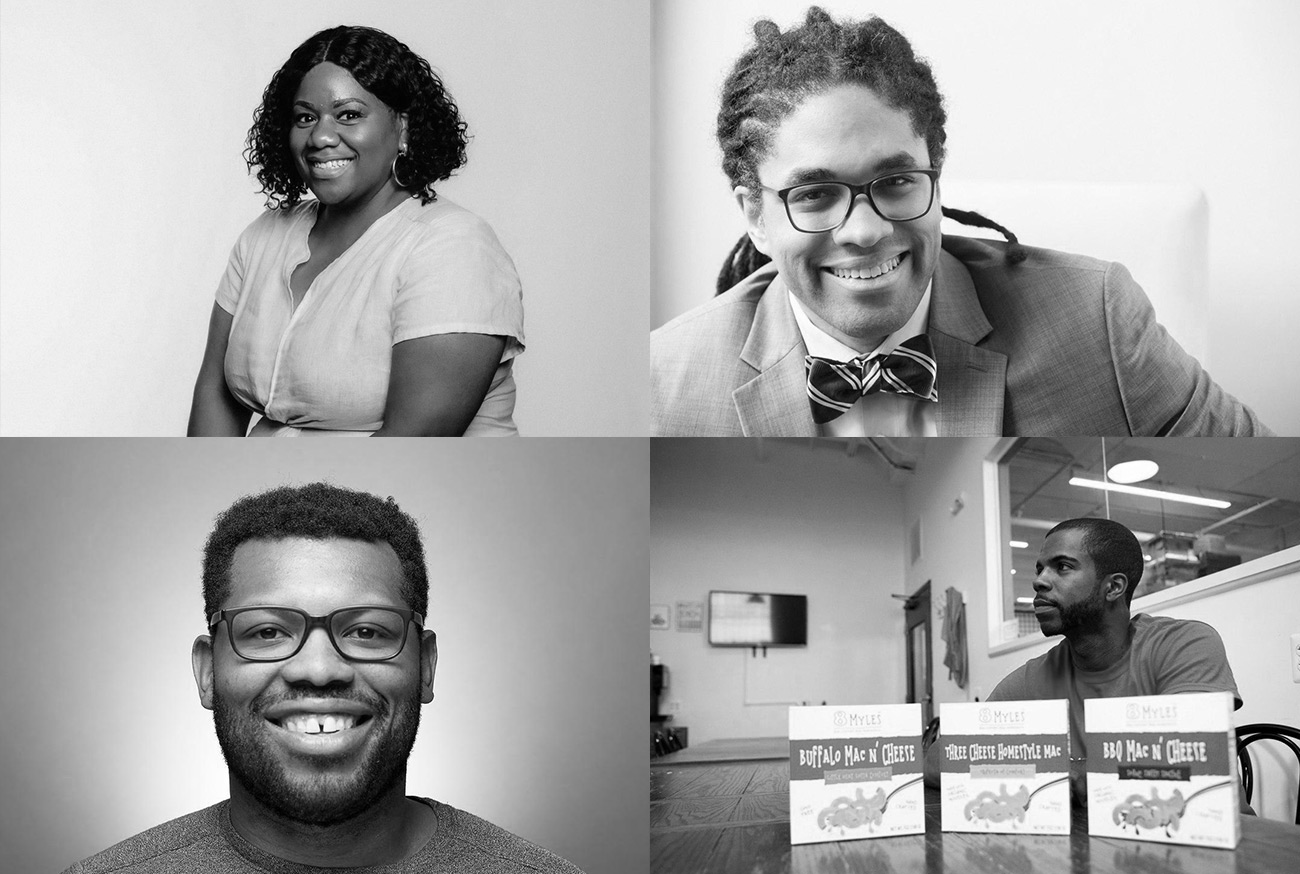
Black Founders Matter: What It’s Like Being an Entrepreneur of Color
Published on 08.20.2020
From being ignored at trade shows to inspiring fear in gyms, Black entrepreneurs talk about what it’s like being an American today and trying to build a business. The Vivid Minds asked founders about the racial barriers they had to overcome to raise money, network, and grow their companies.
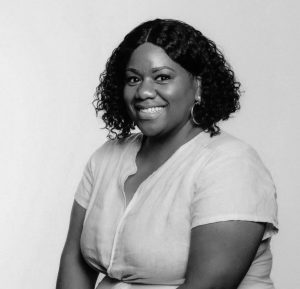
Willina Clark
If I had known about coding as a kid, I probably would have done it earlier. Nowadays, that’s changing—young black people are being exposed to more career possibilities beyond the traditional route. I’ve recently introduced my nephew to game design. He loves playing video games, so one day I told him, “You know, you could make your own game.” That thought clearly sparked something because he quickly got into game design and started creating characters.
When I was just starting out, I was often the only black woman at tech startups. No one was ever disrespectful, but it was just like, “Okay, this person’s here.” I was mostly ignored. These days, though, there are a lot more events centered on black people in tech. It’s great to be around other black technologists, but there’s still room for growth. When I attend specialized tech conferences, I notice that it’s not as diverse.
Aspiring black entrepreneurs often face financial obstacles. For instance, I can’t ask my family for donations because my family is really poor. Not poor as in middle lower class—I’m saying really poor. Unfortunately, I can’t make that leap from friends and family to angel investors and series A financing.
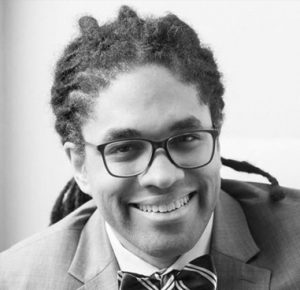
James Gibbs
When I was a kid, my mom took me to see the science-fiction movie Tron. I loved it so much that I taught myself to code, and I’ve been programming ever since. I did all the things that weird kids do, like read the dictionary. I’ve calculated my chances of becoming a successful basketball player and thought, “I’ll never like this as much as programming—plus I’m more likely to find a career as a software developer.”
When my partner, Daniel Lopretto, and I started MeterFeder, people would walk up to both of us but they would address Dan (who is white) as the CEO. That happened way too long, so Dan finally took one guy’s hand and put it in mine and was like, “This is Jim. He is the CEO of the company.”
It was also bizarre how investors would ask me how I’m going to find the technical talent. “How are you going to scale?” I’m like, “We did 10X last year. Why are you asking me? Look at our numbers—that’s how we scale.” I went to Y Combinator and people were still wondering if I could make the right connections.
I get really frustrated when people put others in boxes, like when some assume that black people are violent. I remember my own encounter with this stereotype. I was working out at the gym, straining under the weight of 200 pounds. Someone opened the door and then quickly shut it after seeing me. I could hear them going back upstairs, as if they were scared of me. I don’t judge them; that’s just how the brain works. But it’s still frustrating.
In spite of that, I can see how the tech industry is changing. Before the quarantine, I went to an event called AfroTech. There were 10,000 black people there, many of them probably saying to themselves, “Hey, I thought I was the only black techie.” Being able to break that narrative is so important. When people turn their attention from sports and rappers and start getting into tech, it’s because they were able to break the narrative. They don’t feel the need to be a certain way to be black.
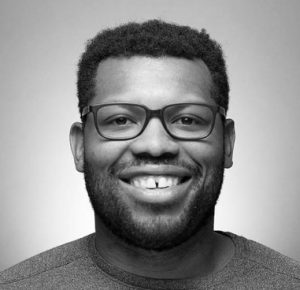
Chris Bennett
I was born and raised in Miami. My parents emigrated from Honduras, and we have a large extended family—31 cousins in all. The majority of my family members have run small businesses, so I was surrounded by entrepreneurs from a very young age.
I graduated from the University of Pennsylvania with an economics degree. Penn is actually good at diversity — one out of eight students is black. After that, I started looking for a job in private equity. I moved to Chicago from Miami, and it was the first time I felt that it wasn’t diverse enough. One of the reasons I started my project, Wonderschool was to foster diversity. Wonderschool is a platform to help educators and caregivers start, operate, and grow their own in-home preschools and child care programs. We now have hundreds of caregivers for preschool kids all around the country.
When I came to San Francisco, I had mentors who walked me through the process of raising capital. I realized that connections are really important so I founded an organization to support black founders, Black Founders. I haven’t personally experienced racism from investors, but I often hear about it from other founders. There is still systematic racism in this country, like stop-and-frisk in New York. I believe the current movement for social justice is incredibly important for supporting underrepresented communities.
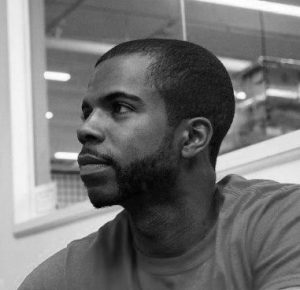
Myles Powell
I was always excited about building a business. My family gave me the first $500 to help me start my first company.
It doesn’t require much initial investment to start a company, but it gets expensive once operations ramp up. Aside from my own money, I raised about $8,000 through crowdfunding. Now that I’m producing thousands of boxes of mac and cheese, I’m getting to a point where I need a second round of funding, around $15,000 to $20,000.
The food scene in DC is great, as is the support for small businesses. 8 Myles has seen a lot of growth both here and in the northeast.
My parents worked their way up and provided me a great life, so I feel fortunate. I realize that if you put a child in a school system that doesn’t provide a set of resources from day one, they’re at a disadvantage. They’re not getting the education they need.
As to racism, I’ve never experienced it outright, but I notice it in subtle ways. For example, when I go to a trade show as a vendor, people tend to hold my white counterpart in high regard before even meeting them. It’s an implicit bias, and it’s subconscious. But when I say I’m the CEO, they’re shocked. I kind of take pride in it.
If you’re a kid and no one tells you that one day you can run a business doing whatever you love, you’re not going to do it. Success breeds success. I want to be involved, at least locally, so I can make my voice heard and mentor young people. I really respect the current movement—people that are willing to take a step back and examine what’s right and what’s wrong. They are willing to make amends and shift the way they’re thinking. That means a lot, and it takes a lot of power to make that change.
| Prepared for Vivid Minds by | ||
|
|